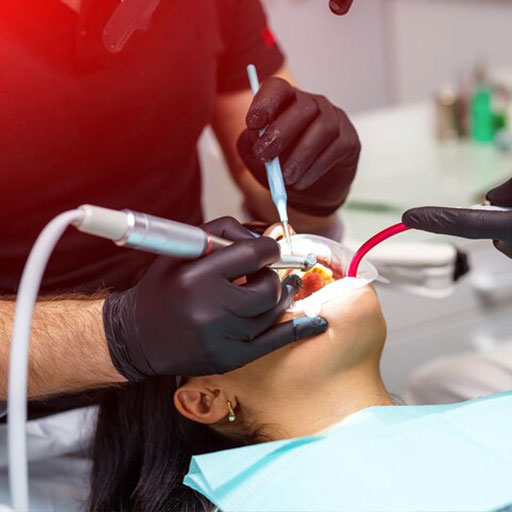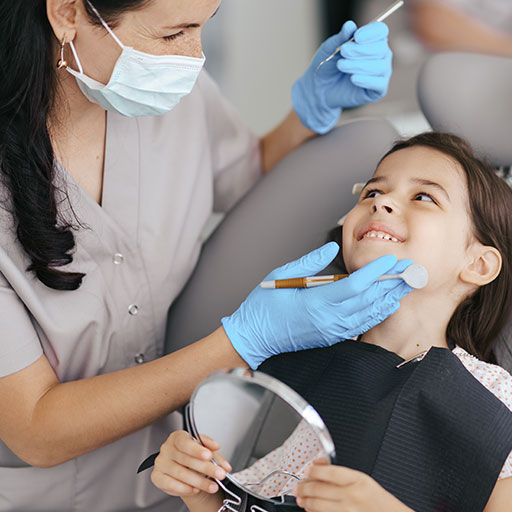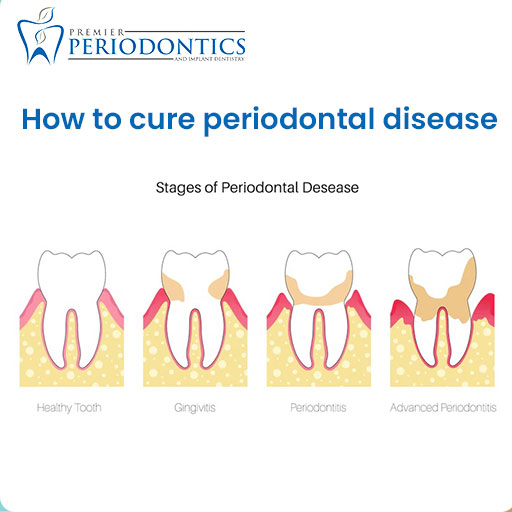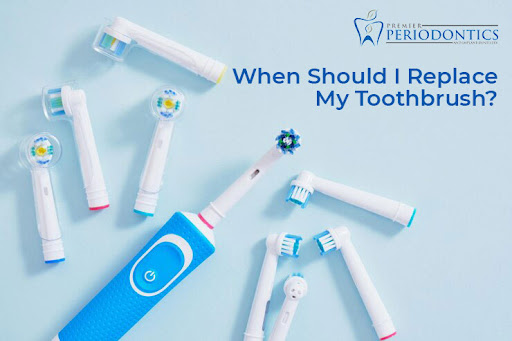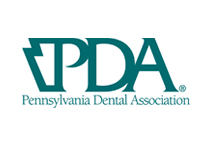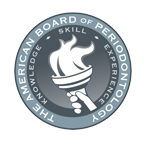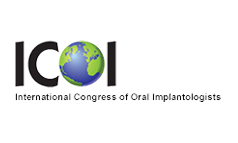
According to experts, dental implants are the best solution for replacing lost teeth.
Therefore, it is not unexpected that they are among the most expensive dental operations.
We’ve devoted countless hours to finding a cost-effective way to make this lifetime commitment.The information in the following tutorial will explain how to acquire a new smile for less money or perhaps for free.There are various strategies to lower the cost of dental treatment and make implants more accessible.There are other techniques that may be coupled to reduce expenses even further without sacrificing care quality.It’s best to research many possibilities.To know more visit https://premierperiodontics.com/
- Look for a dentist who is reasonably priced.
You can locate a fantastic dental health professional who can put dental implants at a fair charge.Choosing a skilled, qualified dentist or oral surgeon also helps you avoid paying for issues.If you don’t conduct a comprehensive background check, they may occur.
A better success rate is a direct result of experience.We might be of assistance if you feel overwhelmed by the variety of offerings, implant brands, and oral surgeons, or if you just want to save time.The most reasonably priced dental implant dentists are included in depth in database.We can quickly schedule a consultation with an affordable dentist in your area.
Find dentists that are open right now and make an appointment.
- Enter a savings programme
Dental savings programmes are a practical substitute for or addition to insurance coverage.
When your annual cap is reached, you can use a dental plan in addition to your dental care coverage.However, the dentist doing the work has the final say in this.
Plans provide discounts on all dental expenses, including dental implant surgery.
There are no prerequisites for eligibility.No matter why you want implants, as long as you are a good candidate, you can get them.They may be simply cosmetic or medically required.Then how do dental plans function?Members must pay an annual or monthly fee.There are more than 100,000 dentists enrolled; all you need to do is find one nearby.Then you may get discounts of 10% to 60% on any dental work you want or desire.The moment you sign up, the plan becomes active.There isn’t any waiting time.You won’t be slowed down by any annual caps either.All of the work may be completed in a single year, and all costs will be reduced.
- Rely on your insurance
Without insurance, seeing the dentist may get expensive.
The most well-known method of lowering medical expenses is insurance.
When you receive dental care from affiliated clinics, some insurance can provide you even greater favourable prices.Yet insurance policies have a lot of drawbacks.
Despite the fact that dental insurance that includes implants is growing in popularity, such policies typically have stringent restrictions.The most common challenge is demonstrating that implants are medically essential for your situation and that there are no other less expensive treatment options.Such a declaration may be made by a dentist, and you will need to get in touch with your provider by yourself.
Furthermore, you might not be eligible for replacement coverage if a tooth was lost before the insurance went into effect.
Additionally, there will probably be a delay before the restorative treatment can begin.
Annual limits typically have a $1,500 maximum.
This implies that the implant procedure may need to be spread out over a number of years.
Your best option if you are insured is to request that the policy cover related operations and therapies such sinus lift surgery, extractions, or X-rays.
This can really reduce the overall cost of dental implants because the dental implant treatment entails several procedures.
- Travel the world
Travel to Central American nations like Mexico to find inexpensive dental implants.
You may save almost half of what the surgery and related treatments would cost by doing this.Include travel and lodging expenses in your implant budget.
In Central and South America, affordable dental implants are common, but before choosing one, be sure to investigate the business and the affordable dentist.
Examine the comments and ratings left by actual patients online.
This will help you avoid needless suffering and inconvenience.Although leaving the country to have inexpensive dental implants may be an option, keep in mind that if anything goes wrong, you will have to go back there to have it corrected or spend considerably more to have corrections made in the US.Finding a professional who can fix issues with implants completed in another nation could also be difficult.Two circumstances justify dental travel the most.First, you won’t need to make repeated journeys if you’re receiving same-day implants.You could also be able to plan for the entire procedure to take place across a number of days.Patients who reside near to the border are the second category of patients who can profit from this.Implants may be purchased for even less money if expensive lodging and transportation are avoided.
- Verify the dental schools in your area
For their training, students need to be patient.
It’s a terrific approach to help low-income individuals pay for operations related to dental implants since they often provide dental care for roughly half the cost owing to a lack of competence.Don’t worry; there is no additional risk to your health or life because everything is done under the supervision of a group of qualified specialists.The only drawback is that it can take more time.Every stage has to be rated.The best course of action is to contact local dentistry schools.While there is a greater likelihood that you will locate one in a larger city, smaller universities may have shorter waiting lists.The ADA search tool allows you to see whether a specific dental school offers dental implants or related treatments.Call the office and request information.They will definitely respond to any of your inquiries.You can find out that dentistry colleges even create implants for free.We contacted them and learned that colleges do not provide entirely free dental implants, per our study.
- Get a pair of teeth with implants.
Patients can have two or four rods inserted in the jaw bone using techniques like the All-On-4.They support bridges, restoring a complete arch.These options may be excellent substitutes for numerous implants, depending on the state of your mouth.Rods are placed by the dentist so that they can support all of the teeth on the top or bottom.There is some upkeep because the prosthesis can eventually need to be replaced.This is a long-lasting remedy that can endure for 10-15 years.Additionally, you pay for fewer implants, which lowers the cost of the dental treatment.
- Locate a dedicated dental office.
At your neighbourhood community centre, you might be able to get less expensive or even free dental care.To find out what services the centre in your neighbourhood offers and what they could cost, use our search engine.Contact us by phone or email after selecting your state.Some places are particular about who they serve.Others solely treat people with limited incomes, while some are restricted to treating the elderly or veterans.For patients, a number of tribal clinics provide implants at a discounted rate.In order to pay for these expenses, you could even be able to seek financial assistance from their tribe.This directory may be browsed, or you can manually search by state.
For more information Visit https://premierperiodontics.com/ or call us at (267) 908-4867.



